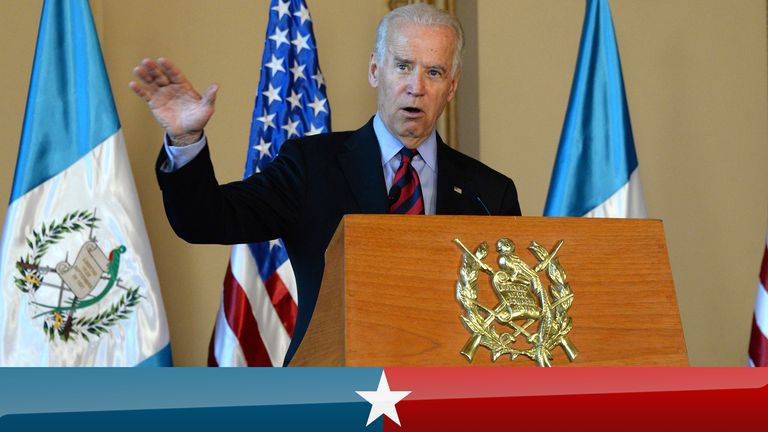
New START Treaty Extension: China’s Participation in Multilateralism
But under former president Donald Trump's administration, nuclear disarmament as a whole trended backward. In order to reconstruct a new framework for regulations on nuclear development for the countries with nuclear weapons, building trust between the countries must deepen. China's participation in nuclear disarmament talks is particularly essential, so instead of remaining between just the U.S. and Russia, the New START agreement must become multilateral.
The pillar of the New START is reduction in the number of deployed strategic nuclear warheads in Russia and the U.S. to fewer than 1,550, a goal that both countries have already achieved. However, last year, the Trump administration rejected Putin's call to extend the agreement "without any preconditions."
As a condition for the extension, the U.S. wanted a public declaration of the number of tactical nuclear weapons each country possesses, restrictions on the quantity of weapons and agreement on a framework that includes China's participation in disarmament discussions, but Russia was not responsive, and the discussions were difficult.
Because of the U.S. change in administration, the treaty expiration was barely avoided. The new Biden administration touts its intentions to move toward "a world without nuclear weapons." But it is difficult to envision a path forward to nuclear curtailment for the U.S. and Russia, which account for 90% of the world's nuclear weapons.
In addition to canceling the Intermediate-Range Nuclear Forces Treaty between Russia and the U.S. in 2018, there are plans to build up tactical weapons that are not subject to the New START agreement. Upon the INF treaty's expiration, the U.S. steered back toward resuming the development of intermediate-range weapons. Increasingly, the viewpoint is that the U.S. will deploy its newly developed missiles, capable of bearing nuclear warheads, to Japan and especially to the Nansei islands, as a frontline against China. Okinawa must absolutely not be dragged into a missile war.
Had the New START lapsed, not only would an arms race between superpowers have become unavoidable, but there would also have been backlash from non-signatory countries, as well as a negative influence on North Korea's denuclearization. The hopes for an extension of New START were just barely preserved.
On the other hand, outside of the U.S. and Russia, which are linked by the treaty, China is building up its nuclear forces, centered around intermediate-range ballistic missiles, leading to mutual distrust and an arms race. Negotiations with China are essential, but even under the Biden administration, improvement of the deteriorating U.S.-China relationship does not seem likely. If China is aware of its power as a large nation, it ought to proactively join in on establishing a framework for nuclear disarmament discussions.
On January 22, the Treaty on the Prohibition of Nuclear Weapons came into effect, completely banning the development, possession and use of nuclear weapons. Nations that possess nuclear weapons and other nations, such as Japan, that fall under the "nuclear umbrella" have not yet ratified it, but there is a growing recognition that nuclear weapons violate international law.
The "Doomsday Clock," which likens the time until the day of Earth's destruction due to nuclear war to midnight, is, at "100 seconds," the shortest ever. We would like to hasten the trend of international cooperation toward nuclear disarmament and the elimination of nuclear weapons.

